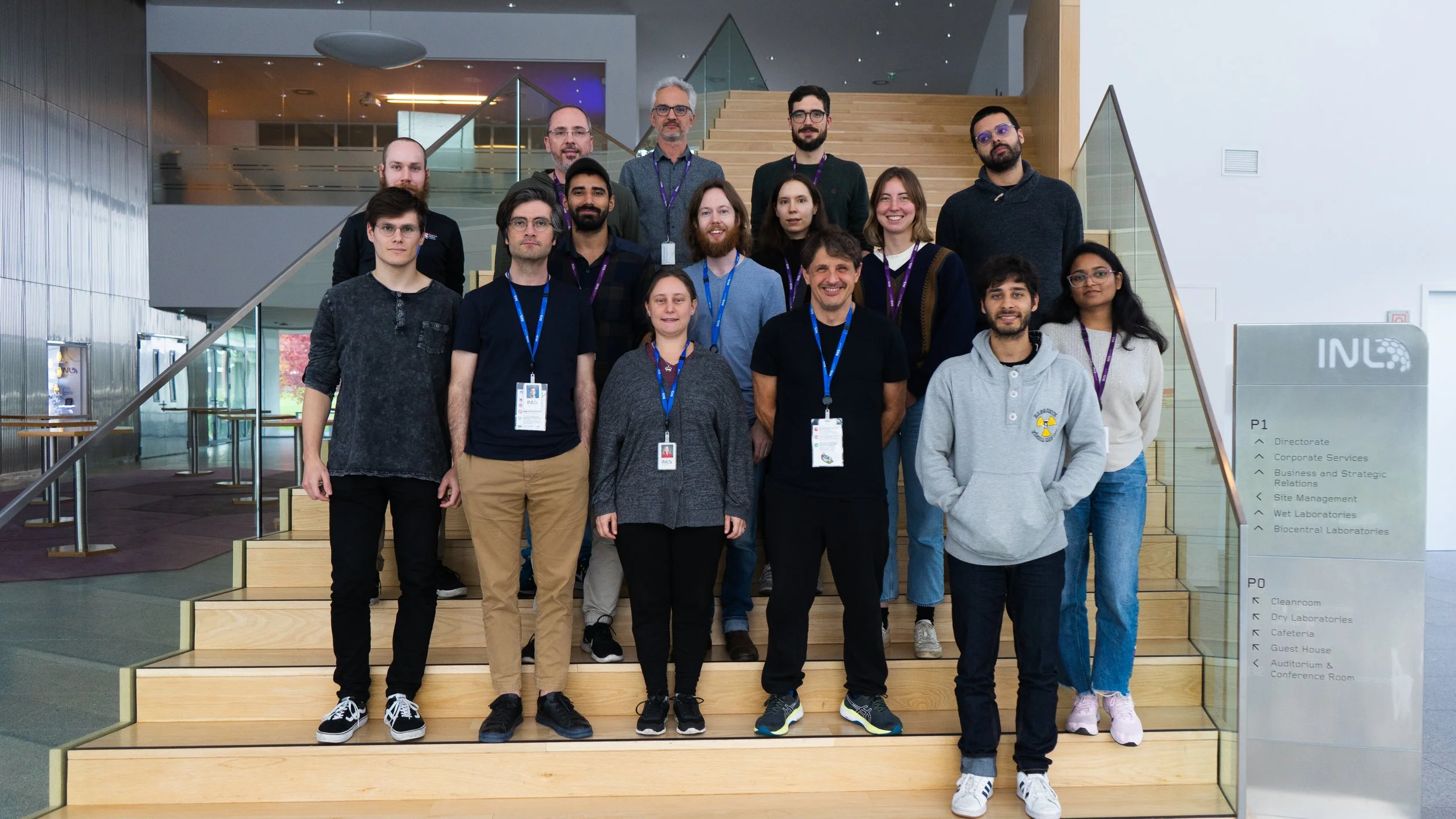FoQaCiA | European funding boosts quantum research at INL
Efficient quantum algorithms can have a significant impact on important, broad-reaching problems, solving some mathematical problems faster than any classical approach. However, it still remains to be discovered how to harness the quantum systematically for computation.
Project FoQaCiA, jointly funded by the European Council and Canadian agency NSERC, aims to extend the theoretical basis for the design of quantum algorithms. The consortium’s view is that the future success of quantum computing critically depends on advances at the most fundamental level. Large-scale investments in quantum implementations will only pay off if they can draw on additional foundational insights and ideas.
The consortium FoQaCiA is a multi-disciplinary team of mathematicians, physicists, and computer scientists, with complementary areas of expertise. A unique feature of this project is the combination of top experts in the foundations of quantum computation from the two sides of the Atlantic, together with researchers capable of translating the insights gained into software for circuit compilation and classical simulation of quantum computers and into feasible demonstrations of the computational power granted by sequential quantum-mechanical measurements.
FoQaCiA researchers start from the very foundations of quantum theory and investigate how quantum programming techniques can arise from them. Within this project, scientists seek to identify one or two novel quantum programming techniques and validate them through applications.
The FoQaCIA consortium: INL (European coordinator), Stockholm University, Universidad de Sevilla, Universidad de Granada, Bilkent Universitesi, University College London, Uniwersytet Gdański, The University of British Columbia (Canadian coordinator), Simon Fraser University, University of Ottawa, and the University of Waterloo.

